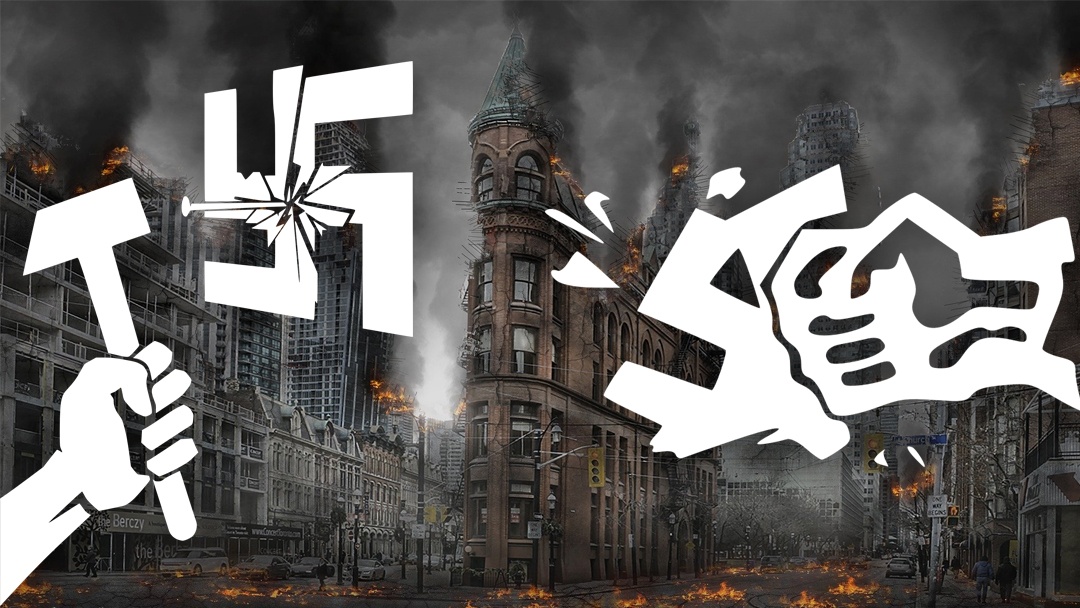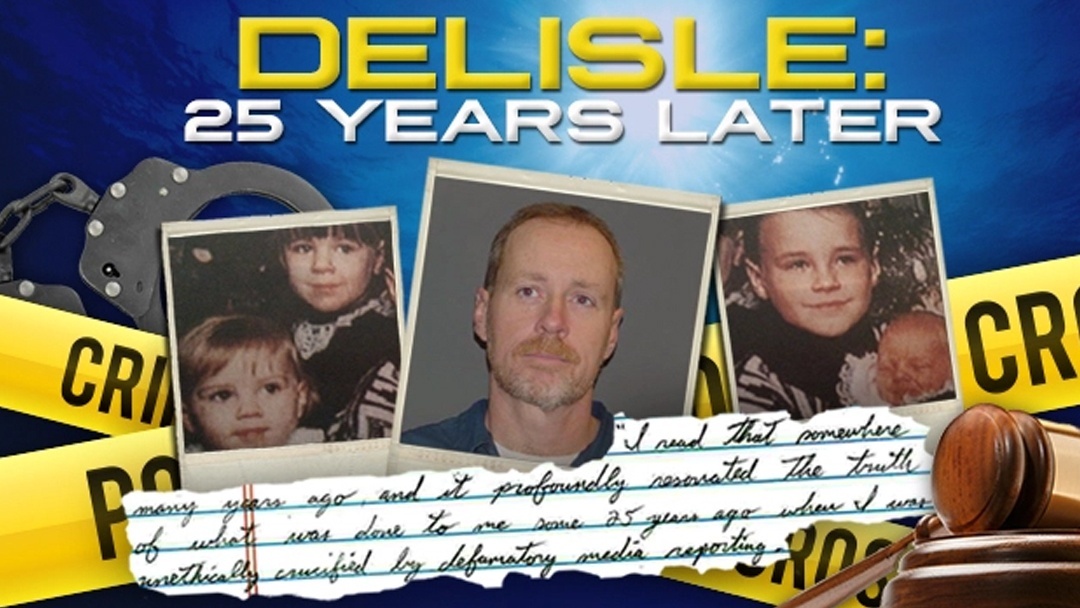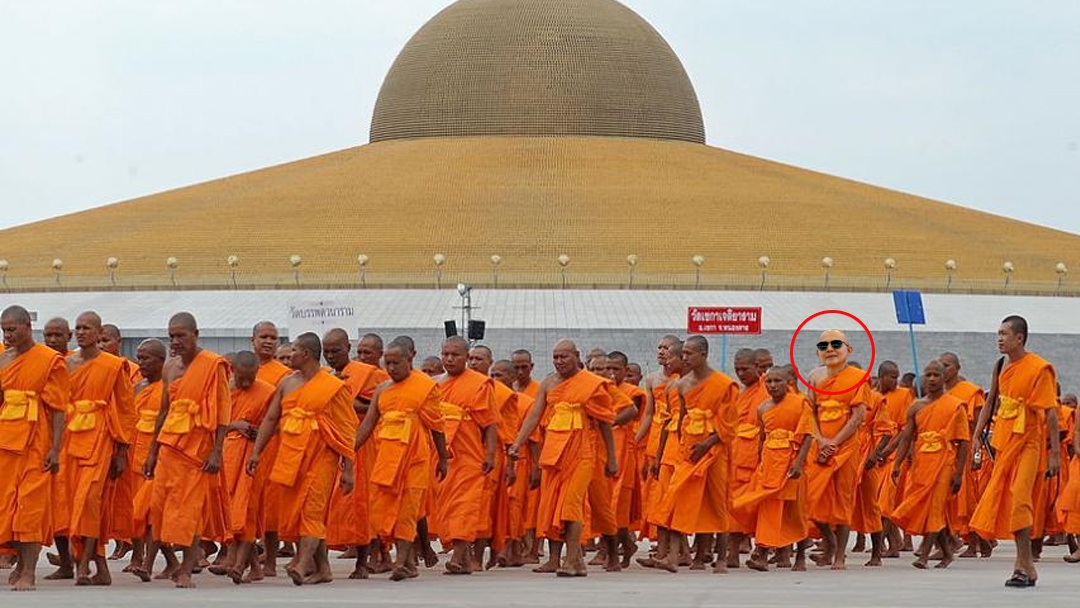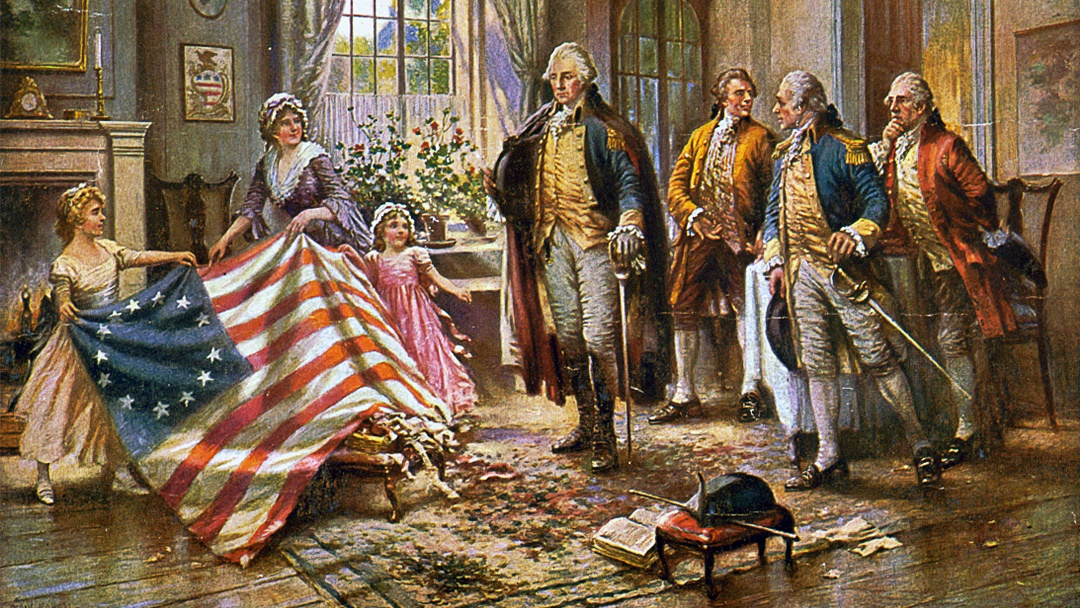Germany’s newly appointed chancellor, Adolf Hitler, immediately announced the fire was a Communist attack–it meant the Reds had begun their violent uprising to overthrow the state. He persuaded President Paul Von Hindenburg that emergency legislation was critical and upon his advice, an emergency decree was approved on February 28th, five days before parliamentary elections.
The Reichstag Fire Decree suspended constitutional rights as Germany essentially fell under martial law, all in the name of destroying Communism. It restricted the right to assembly, freedom of speech, and freedom of press. Left-wing political organizations and German trade unions were suppressed.
Newspapers were shut down and replaced by Nazi-owned publications. Police authority could arrest, detain, or expel anyone deemed a threat to the country.
With political opposition crushed, the Enabling Act of 1933 easily passed into law on March 23rd giving Hitler legislative power. In less than one month’s time, Germany’s democracy ended and dictatorship began.
Five communist leaders were initially charged with arson for the Reichstag fire. All were acquitted except for Marinus van der Lubbe, a 24-year old Dutch communist who claimed he had committed the act alone. He was executed, beheaded by guillotine.
Communists suspected van der Lubbe was a pawn in a Nazi plan to falsely accuse the Communist party for the fire that paved the way for Hitler’s control. No concrete evidence surfaced for his involvement.
Another interesting casualty of the fire was Walter Gemp, head of the Berlin fire department.
Early on, he had presented evidence of Nazi responsibility for the fire, findings that were dismissed. The Nazis had him arrested in 1937 for “abuse of office” –he was later killed in prison.
To many anxious German citizens, Hitler became a savior against the Communist uprising. While the fire is still under debate, today’s popular opinion is that Hitler launched a major propaganda coup to take advantage of public fear to seize power.
In late 1933, he removed Germany from the peace-promoting Disarmament Conference and League of Nations, embarking on a covert rearmament mission. By 1934, Germany’s weapon program was booming and a new law for mandatory military service went into effect.
We all know what happened next.











